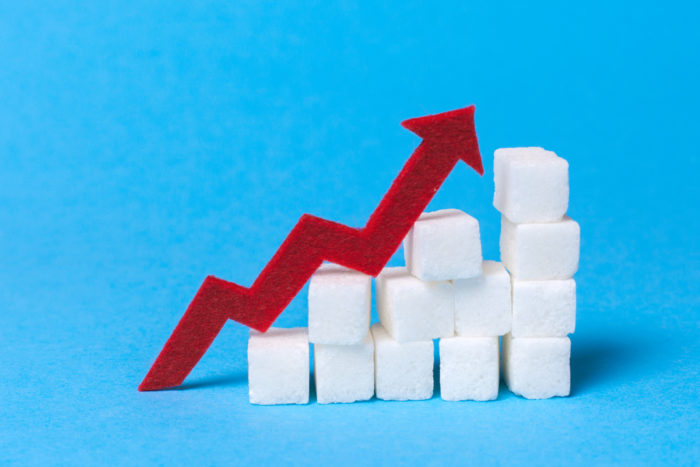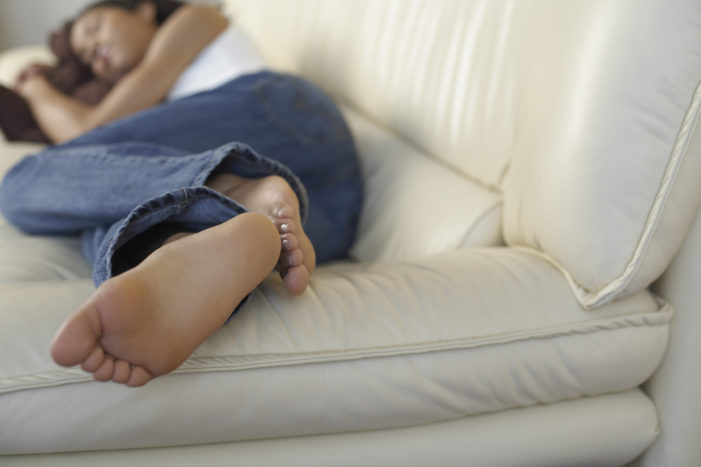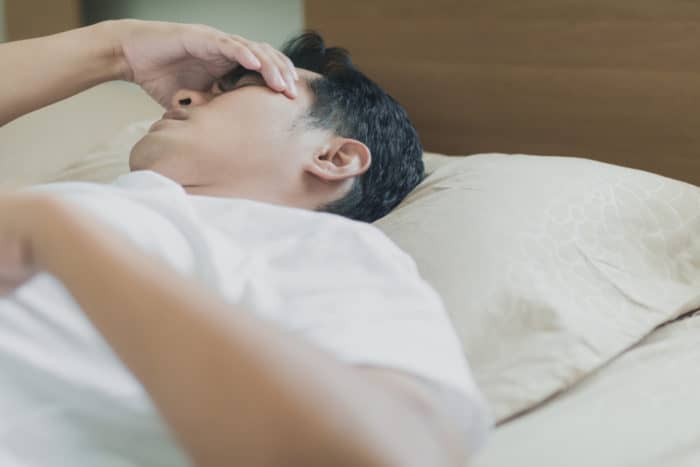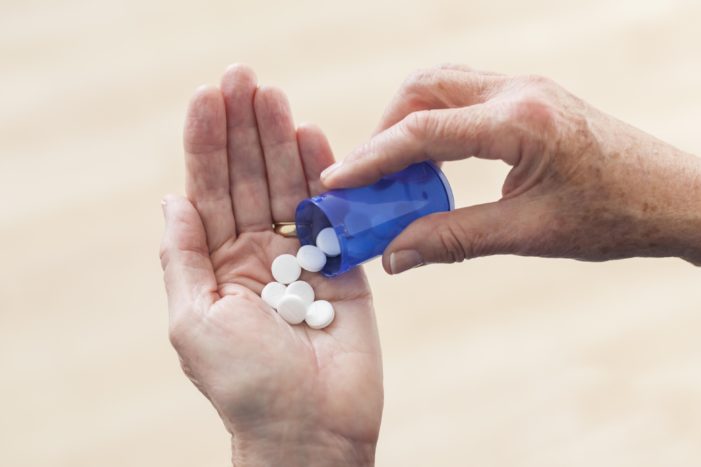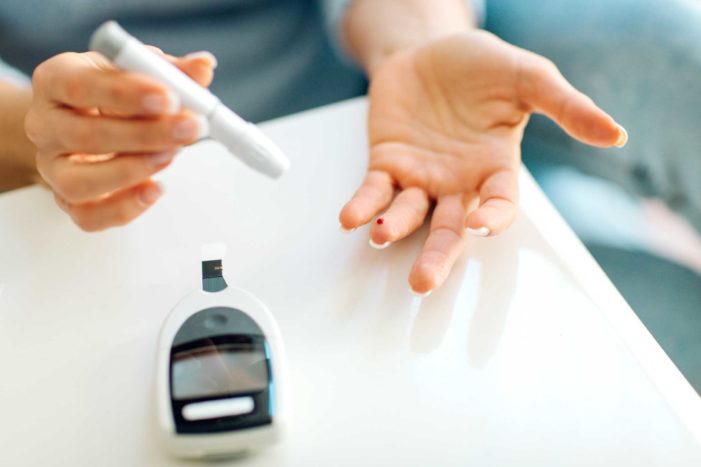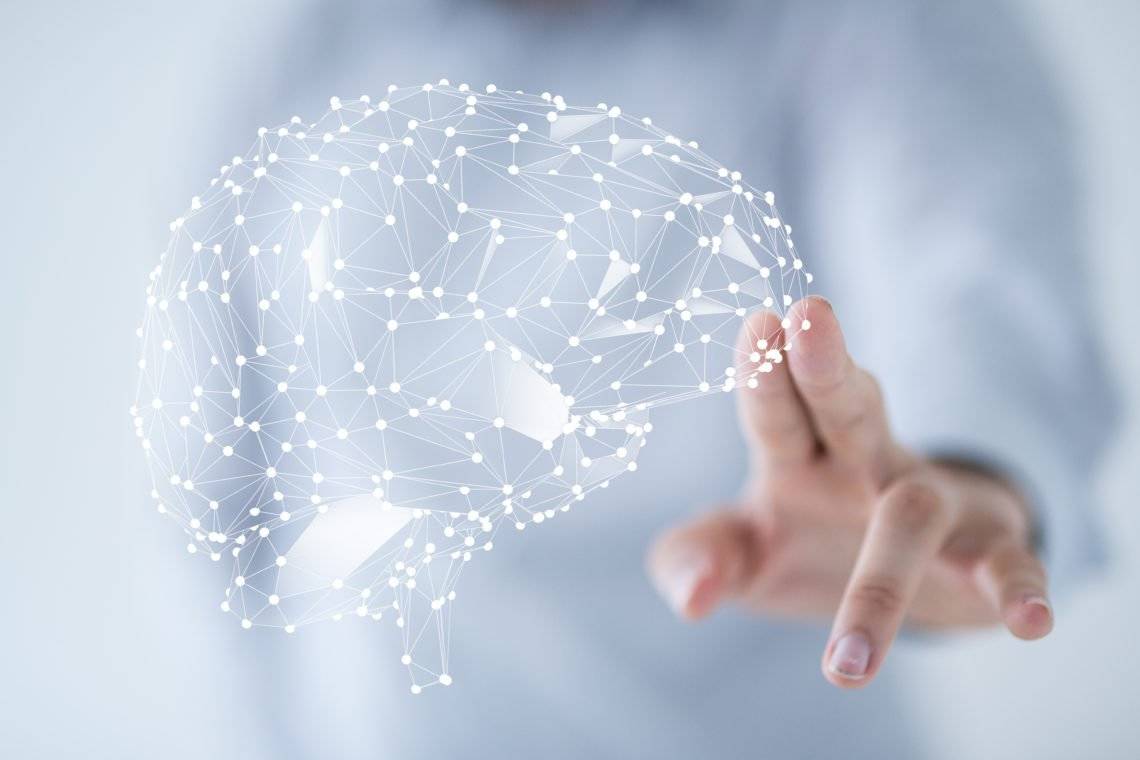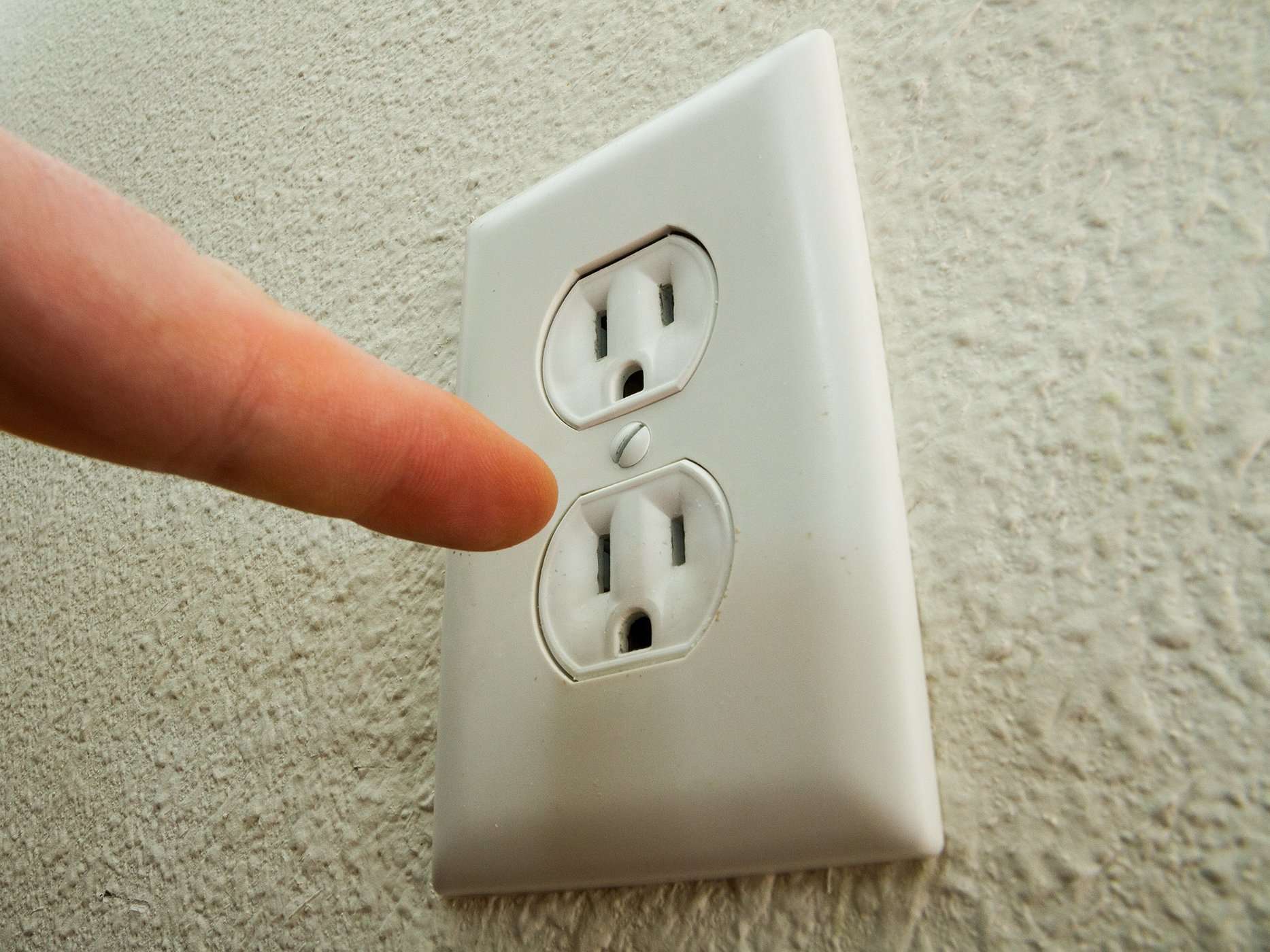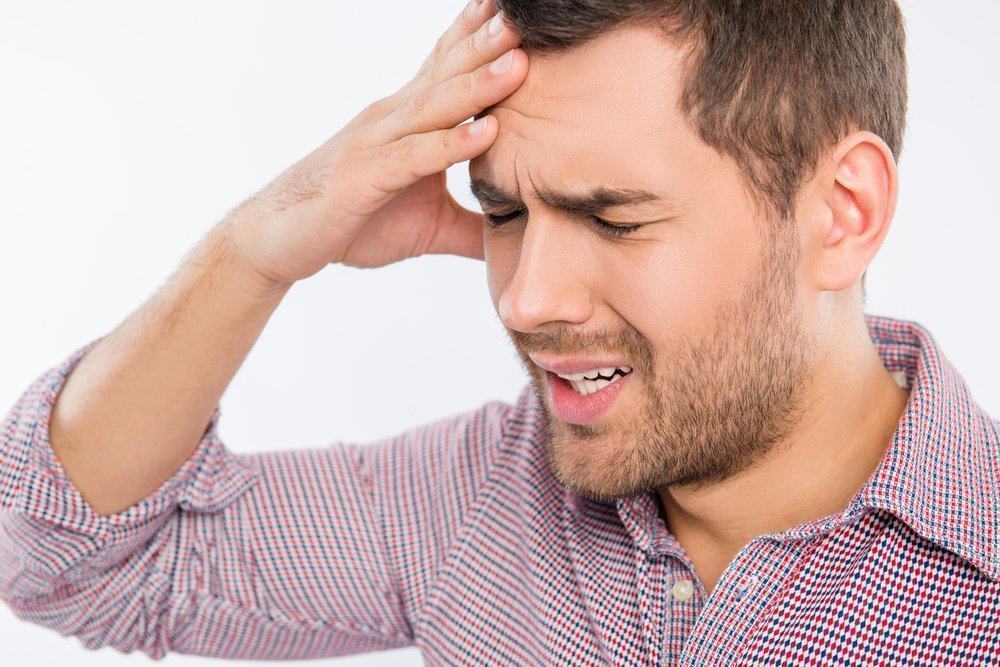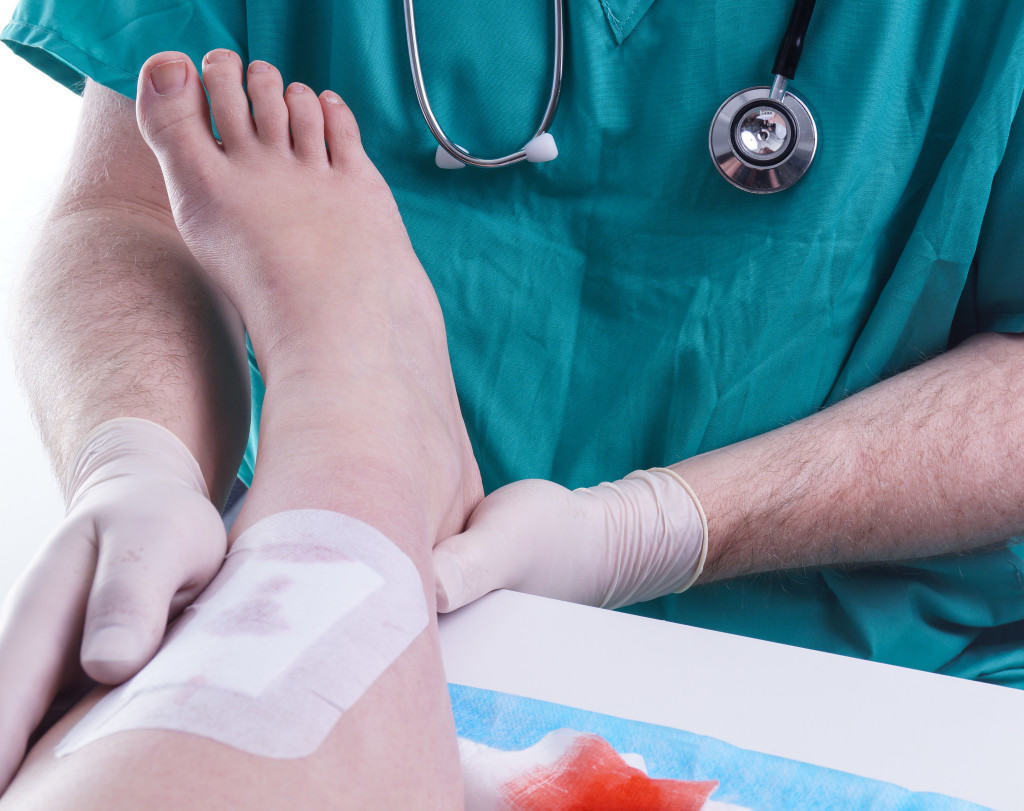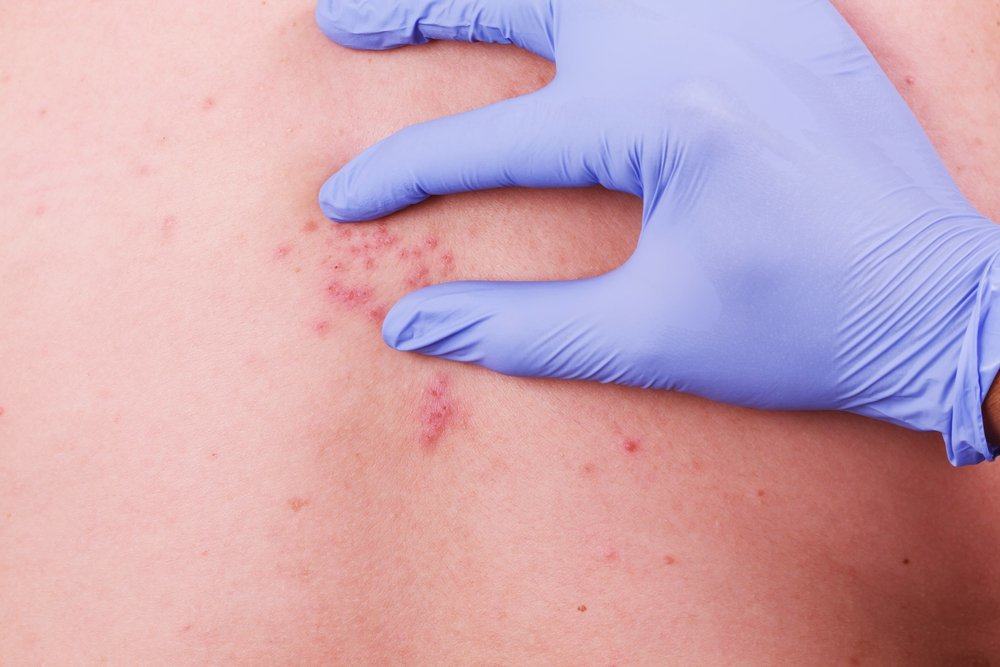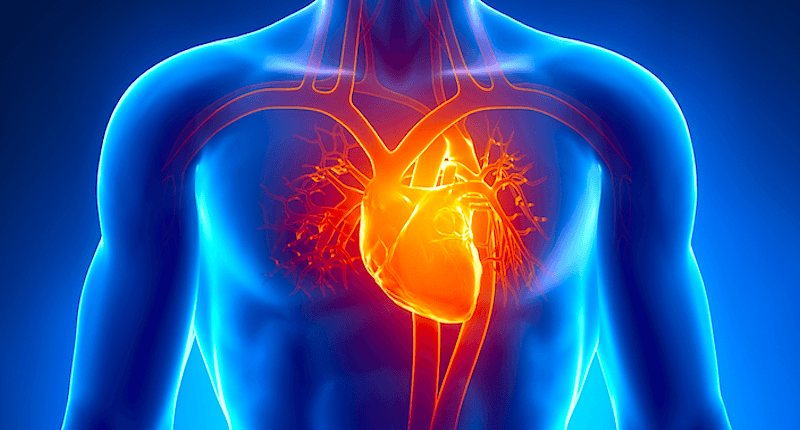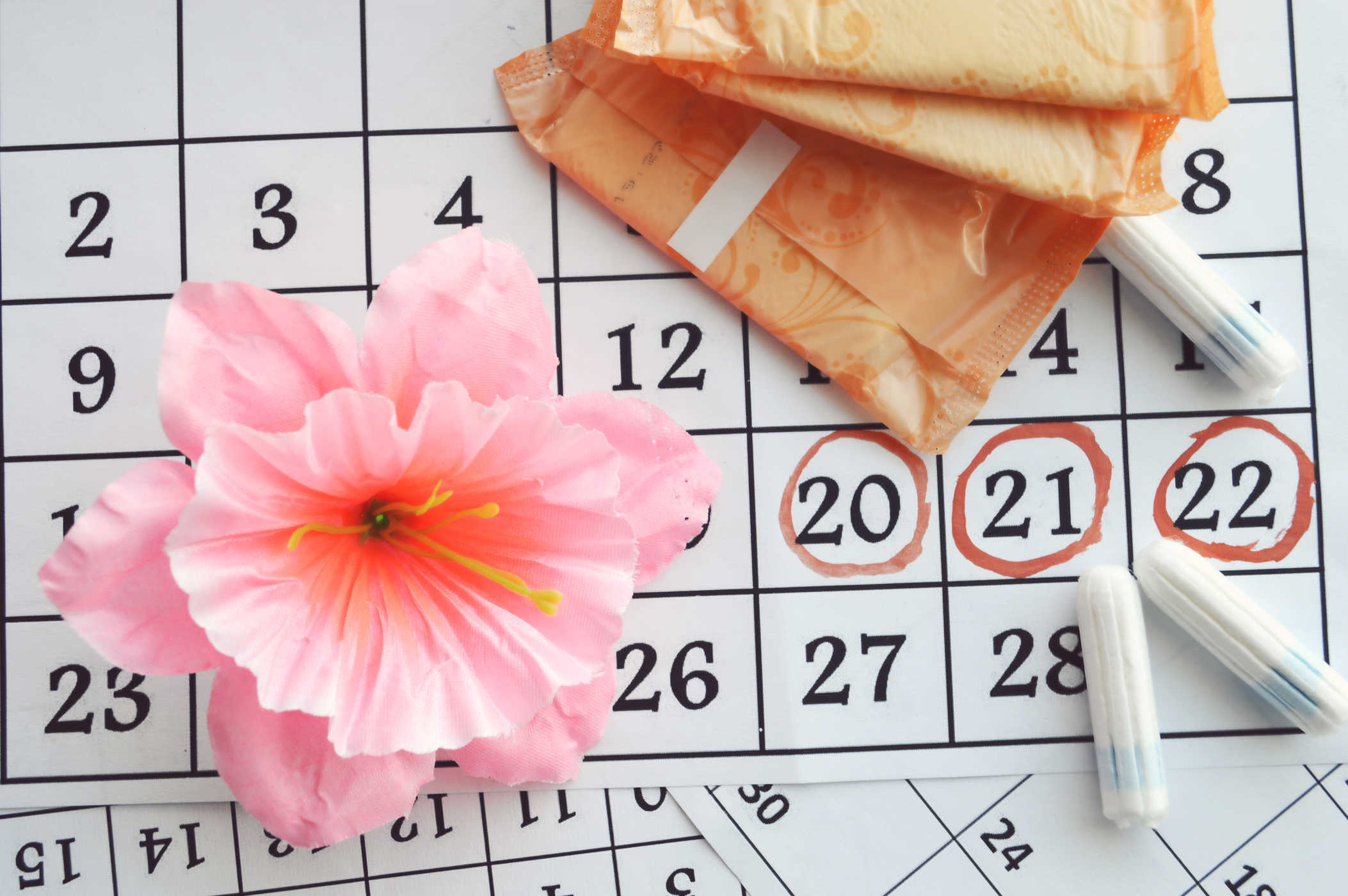Contents:
- Medical Video: Treating Low Blood Sugar | Hypoglycemia | Nucleus Health
- First understand the function of blood glucose
- Causes of hypoglycemia (low blood sugar levels) in people with diabetes
- What are the signs if my blood sugar level is low?
- How to treat hypoglycemia?
- A powerful way to prevent hypoglycemia if you have a history of diabetes
Medical Video: Treating Low Blood Sugar | Hypoglycemia | Nucleus Health
Diabetics are constantly reminded of the potential dangers of blood sugar levels that are too high. That's what might make most of them just ignore the signs of low blood sugar levels, aka hypoglycemia. Hypoglycemia is a condition that occurs when the body's blood sugar (glucose) is too low, can be below 70mg / dL. This condition is potentially dangerous and requires immediate medical treatment. Severe hypoglycemia can cause seizures, coma, and even death.
First understand the function of blood glucose
Glucose aka blood sugar is the main energy source for the body that comes from food, especially from carbohydrates. After food is digested, glucose will be absorbed into the bloodstream to be distributed to every body cell.
Well during this process, the pancreas will produce the hormone insulin to help the body's cells use glucose as fuel. The rest of glucose that is not used as energy will be stored in the liver (liver) and muscles as a reserve called glycogen. The body can use glycogen as energy between meals.
When blood glucose starts to fall, the pancreas will signal to the liver to break down glycogen into glucose and flow it into the bloodstream. Blood glucose will then stabilize in the normal range.
Unfortunately, the insulin response to regulating blood sugar does not work well in some people with diabetes. Moreover, other hormones such as epinephrine, also called adrenaline, can increase blood glucose levels.
Treatment of diabetes with insulin or drinking drugs can help increase insulin production, but glucose levels cannot easily return to the normal range.
Causes of hypoglycemia (low blood sugar levels) in people with diabetes
The natural insulin hormone decreases when blood glucose increases. However, excessive insulin intake can actually cause your blood sugar levels to drop too low, causing hypoglycemia.
Apart from using too much insulin, the causes of other low blood sugar levels are:
- Side effects of diabetes medication.
- Eat too little, delay eating, or not even eat at all during the day.
- Doing sports or physical activity with high intensity but not balanced with adequate food and adjusting the right medication.
- Drink alcohol on an empty stomach.
What are the signs if my blood sugar level is low?
If your blood sugar level is too low, your body will certainly bring up a number of reactions. Some of your signs and symptoms of hypoglycemia due to diabetes are:
- Heart palpitations aka heart palpitations
- Fatigue and feeling powerless
- Pale skin
- Trembling
- Restless
- Excessive sweating, making nightgowns and bed sheets that are wet with sweat
- Starving
- Tingling around the mouth
When low blood sugar levels do not get fast and appropriate treatment, the symptoms will worsen. Signs and symptoms of worsening hypoglycemia include:
- Confusion
- Blurred vision
- Seizures
- Behaving like a drunk person
- Lost consciousness
Hypoglycemia is common in type 1 diabetes, with symptomatic hypoglycemia occurring on average 2 times a week.
However, if you experience hypoglycemia more often or if your blood sugar levels drop too dramatically too low, consult your doctor to find out how you can change your diabetes care.
How to treat hypoglycemia?
It is important to note the date, time, test results, medication and dosage, diet and exercise each time you test your blood. In addition, pay attention to reactions when blood sugar levels are low. The reason is that doctors diagnose hypoglycemia use your notes and look for patterns to see how drugs and lifestyle affect your blood sugar.
If you think that your blood sugar can drop too low, check your blood sugar level with a blood sugar measuring instrument.
Then eat or drink something that mostly contains sugar or carbohydrates to increase your blood sugar levels quickly. Foods with lots of fat, like chocolate, don't work to increase blood sugar.
Examples of foods that will increase your blood sugar quickly are:
- Candy
- Regular fruit juice or soda and not diet soda
- One tablespoon of sugar, jelly or honey
- 3 glucose tablets (available without prescription at the pharmacy)
- 1 portion of glucose gel (read label for number of doses)
A powerful way to prevent hypoglycemia if you have a history of diabetes
Here are some things you can do to prevent blood sugar levels from being too low due to diabetes:
- Don't skip or delay eating. If you use insulin or oral diabetes medications, make sure you get enough food intake consistently.
- Routinely check your blood sugar. You can check and record your blood sugar level several times a week or several times a day depending on your blood sugar level. Careful monitoring is the only way to ensure that your blood sugar level is at the level you want.
- Take medication as recommended by the doctor. Take the drug carefully and use it on time.
- Adjust medication and snack intake. Adjustments depend on the results of the blood sugar test and on the types and activities you do.
- Avoid drinking alcohol on an empty stomach. Drinking alcohol on an empty stomach can cause hypoglycemia.
- Take notes of reactions when your glucose is low. This can help you and your health care team see patterns of hypoglycemia and find ways to prevent them.
- Bring some information about your diabetes care. This is done in case of an emergency, others will know that you have diabetes. Use identification tools such as necklaces or medical bracelets and medical cards in the wallet.


